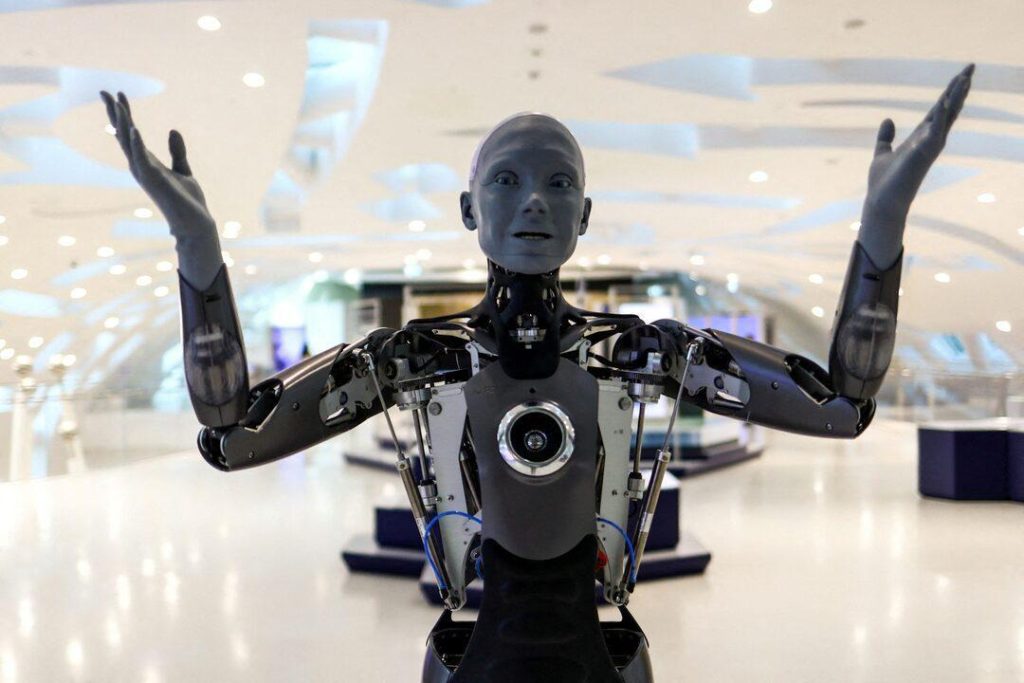
Meta Plans to Make AI-Driven Humanoid Robots: Report
In a recent memo, Meta has revealed its plans to invest in the development of AI-driven humanoid robots. The company is setting up a division within its Reality Labs to create humanoid robot hardware that can assist with household chores, as well as software that can power robots created by other firms. This move is seen as a significant step in the company’s efforts to expand its presence in the fields of artificial intelligence and robotics.
According to the memo, the division will be led by Marc Whitten, the former CEO of self-driving car company Cruise. Whitten is a seasoned executive with extensive experience in the field of autonomous vehicles and robotics. His appointment as the head of Meta’s humanoid robot division suggests that the company is serious about its plans to develop AI-driven robots that can assist humans in various aspects of their daily lives.
Meta’s decision to invest in humanoid robots is not surprising, given the growing demand for robots that can assist humans in various tasks. With the increasing popularity of smart homes and the rise of the gig economy, there is a growing need for robots that can help with household chores, such as cleaning, cooking, and childcare. Additionally, the development of AI-driven humanoid robots has the potential to revolutionize the field of healthcare, education, and entertainment.
The humanoid robot division will be part of Meta’s Reality Labs, which is responsible for the company’s research and development efforts in the fields of virtual and augmented reality. The division will focus on developing AI-powered humanoid robots that can assist humans in various tasks, such as household chores, healthcare, and education.
The company plans to use its expertise in AI and robotics to develop humanoid robots that can perform a variety of tasks, such as cooking, cleaning, and childcare. The robots will be designed to be user-friendly and adaptable, allowing them to learn and adapt to new tasks and environments.
Meta’s plans to develop AI-driven humanoid robots are likely to have a significant impact on the field of robotics and artificial intelligence. The company’s expertise in AI and its experience in developing virtual reality and augmented reality technologies make it an ideal player in the development of humanoid robots.
The development of AI-driven humanoid robots is expected to have a significant impact on various industries, including healthcare, education, and entertainment. The robots will be able to assist humans in various tasks, such as healthcare, education, and entertainment, and will have the potential to revolutionize the way we live and work.
In conclusion, Meta’s plans to develop AI-driven humanoid robots are an exciting development in the field of robotics and artificial intelligence. The company’s expertise in AI and its experience in developing virtual reality and augmented reality technologies make it an ideal player in the development of humanoid robots.
The division will be led by Marc Whitten, the former CEO of self-driving car company Cruise, and will focus on developing AI-powered humanoid robots that can assist humans in various tasks, such as household chores, healthcare, and education.
As the world continues to evolve and technology advances, it is likely that we will see more humanoid robots entering our homes and workplaces, assisting us in various tasks and making our lives easier.






